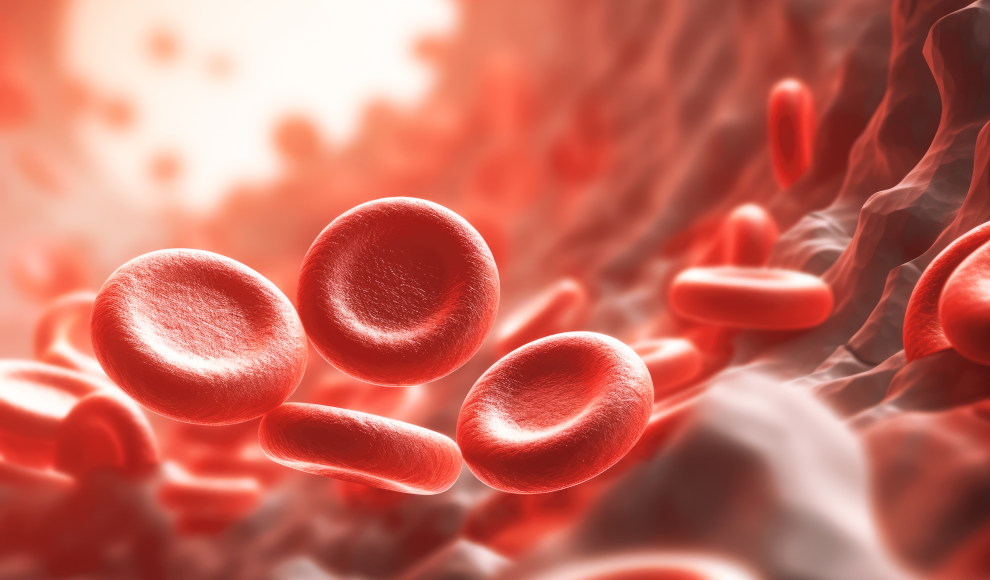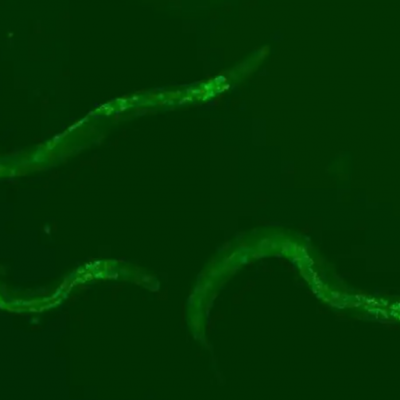A groundbreaking experiment with mice has shown that the blood of young animals can reset the “life clock” of older mice. Similar treatments for humans are already being offered by companies in the United States. The technique, known as parabiosis, was first described by zoologist Paul Bert in the mid-19th century. Researchers at Duke University have now conducted experiments with mice, which show that the blood of young animals can extend the life of older animals. The study, published in the journal Nature Aging, involved partially removing the skin of several mice and connecting a young mouse to an old mouse for three months. The results showed that the life of the older mouse was extended by six weeks compared to a control group.
Scientists then studied the mice for two months to identify the reasons for the extended lifespan. They conducted an in-depth examination of the genetic material in blood and liver cells, paying particular attention to epigenetic modifications known as methylation. These modifications have the potential to permanently deactivate certain genes and exclude their genetic information from cell metabolism. According to a biomathematical model that maps the epigenetic clock based on methylation patterns, the parabiosis reduced the biological age of the older mice by several months. The researchers also examined the gene expression of liver cells to identify genes whose activity had been altered by the parabiosis. Their results showed increased activity of genes in the energy centers of cells (mitochondria), which could be a possible explanation for the extended lifespan.
These new findings could help in the development of drugs that stop the aging process. Several companies in the United States already offer plasma treatments to combat aging, but their effectiveness has not yet been studied in clinical trials. It has also not been explored whether regular blood transfusions can replace heterochronic parabiosis in animals or humans. The potential implications of this research are significant, and it will be interesting to see how it develops in the future.
In conclusion, the experiment with mice has shown that the blood of young animals can extend the life of older animals. The study has identified epigenetic modifications and gene expression changes that could be responsible for the extended lifespan. The findings could lead to the development of drugs that stop the aging process, but further research is needed to explore the potential of plasma treatments and blood transfusions. The implications of this research are significant, and it will be interesting to see how it develops in the future.










